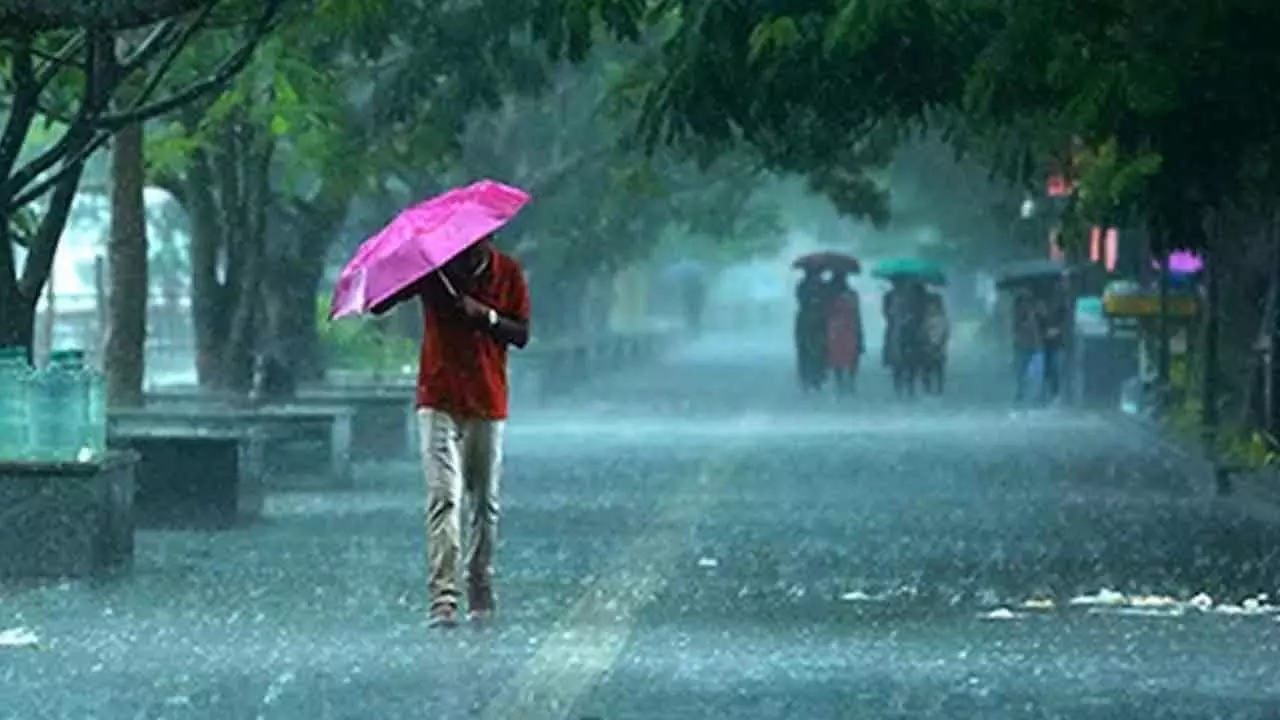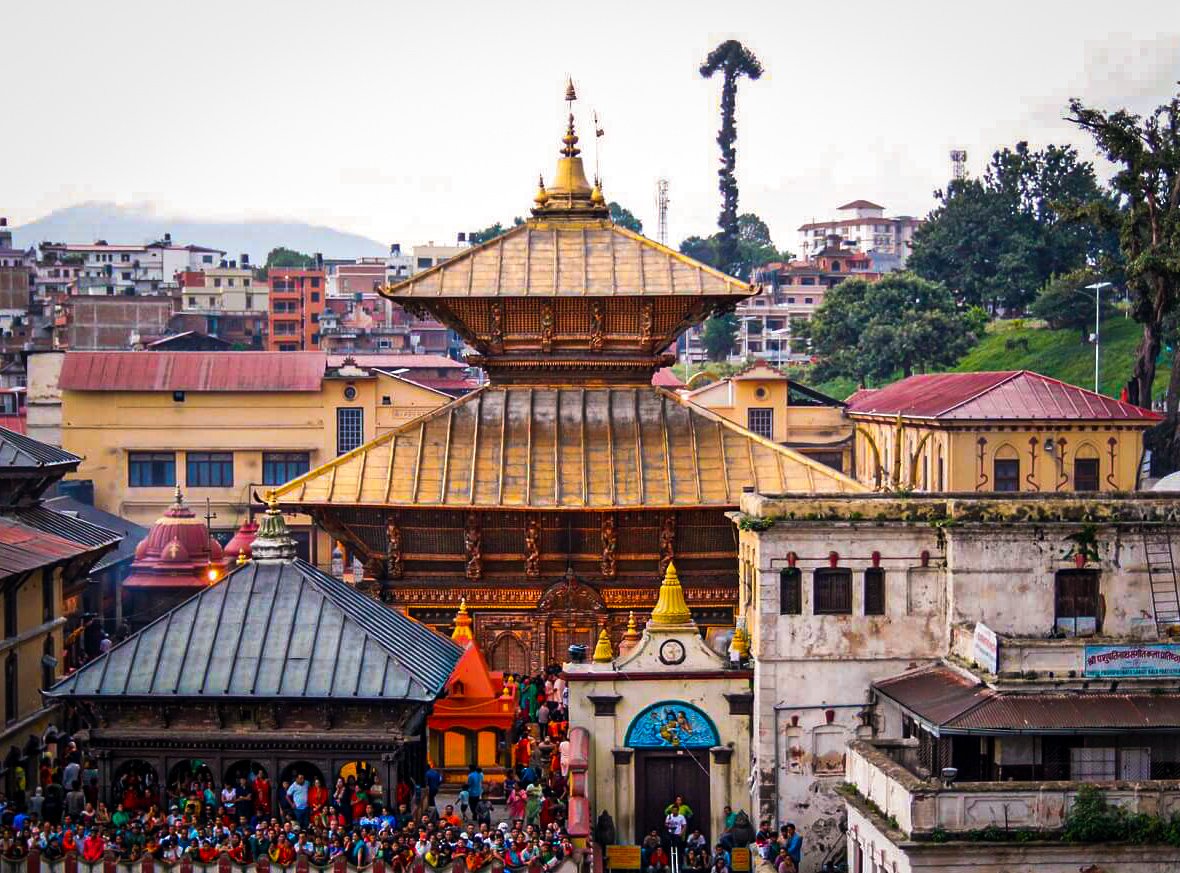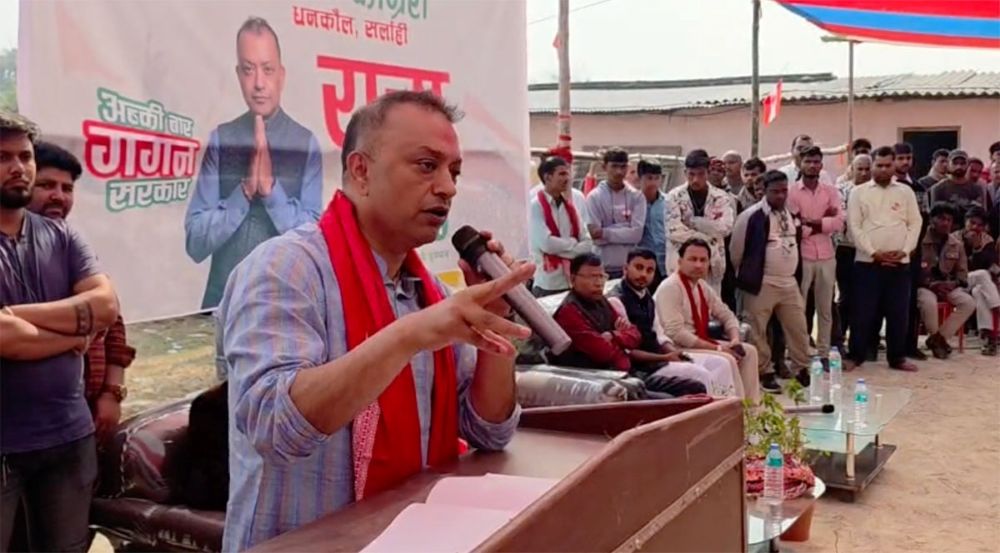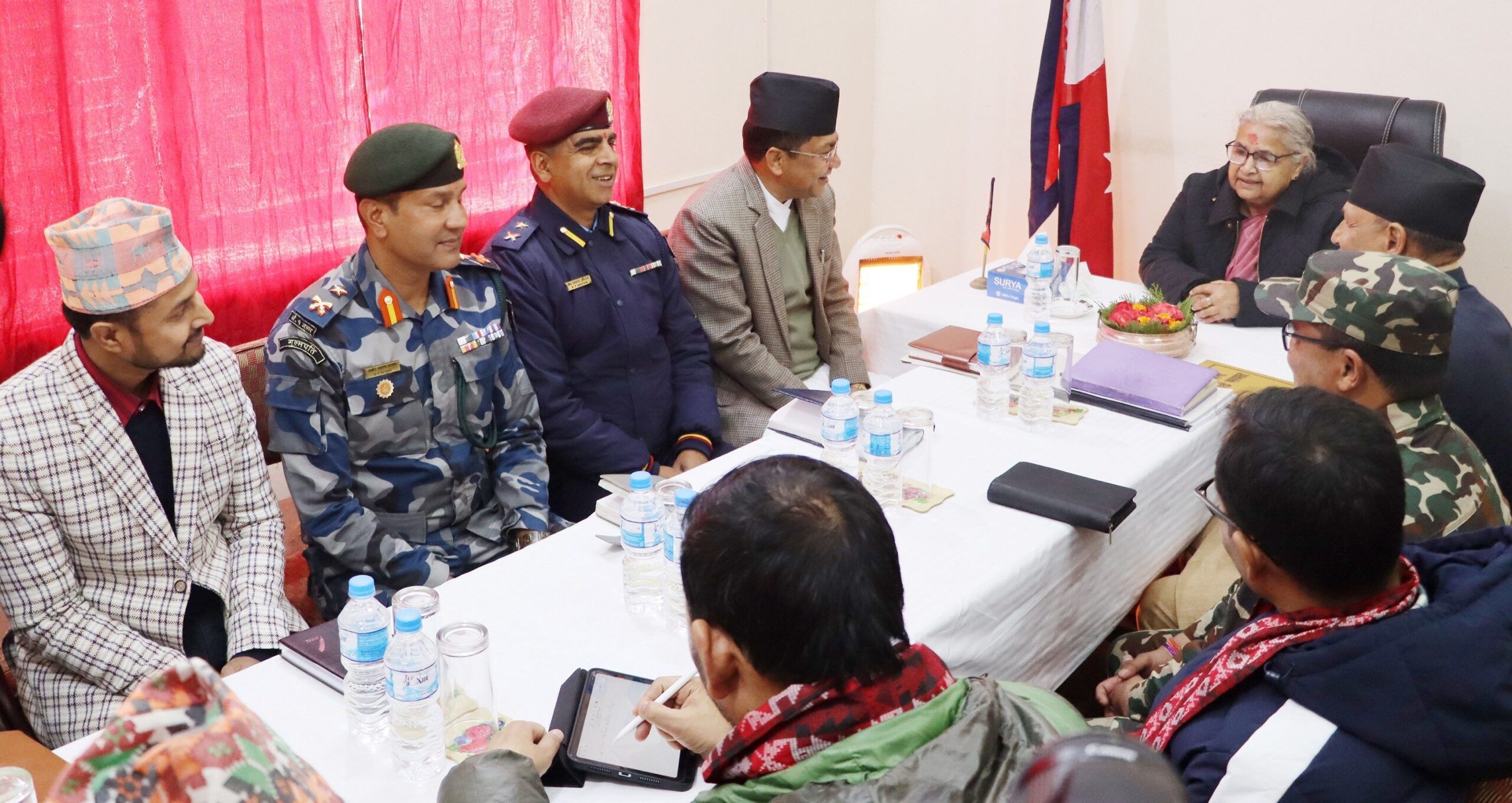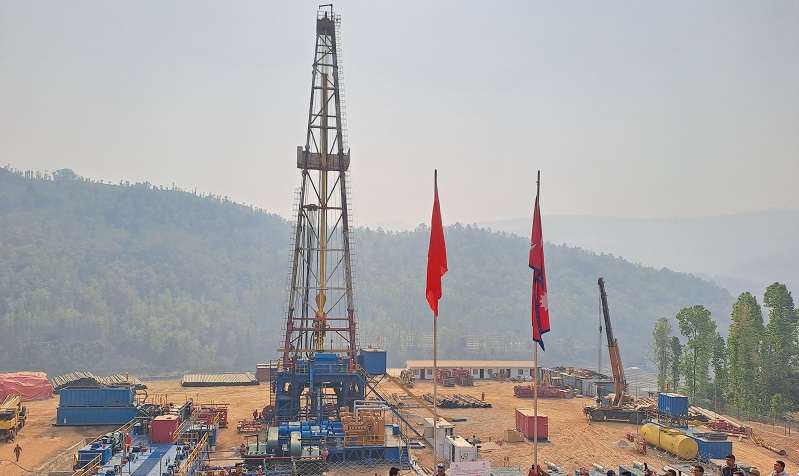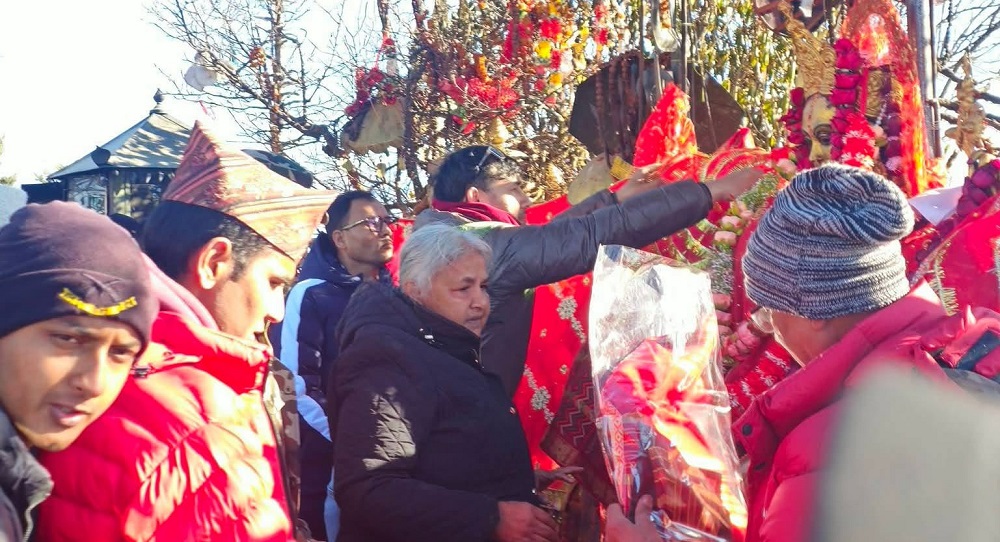KATHMANDU: The monsoon system that entered Nepal from Koshi Province on May 29, a fortnight earlier than usual, has remained stalled in the province, meteorologists said.
David Dhakal, a meteorologist at the Meteorological Forecasting Division under the Department of Hydrology and Meteorology, said that the monsoon system has remained stalled in Koshi Province since its arrival.
“The system was supposed to spread to other provinces and cover the entire country within two weeks, but it has remained stuck in Koshi,” he said. He added that it also took nine days for the monsoon to move beyond Koshi Province last year, and this year, it has already been 10 days since its arrival in Koshi.
We are monitoring several indicators to track the monsoon system, he said.
“Moisture should come from the Bay of Bengal and the Arabian Sea, but that is not happening this time. We also observe wind patterns, which should flow from east to west, as well as outgoing solar radiation,” he added.
Due to the lack of moisture, the country is experiencing extreme heat both in the Tarai and the hilly regions.
On Monday afternoon, the temperature in Nepalgunj was recorded at 40.5 degrees Celsius, while in Kathmandu, it reached 31.6 degrees Celsius.
Dhakal said there is no indication that the monsoon will move beyond Koshi Province for at least another three days. “We are regularly monitoring the situation,” he added.
Meanwhile, Sudha Dev, our Saptari correspondent, reported that normal life in Saptari has become difficult due to extreme heat that has persisted for the past week.
People have been unable to go to work or move around outside due to the intense heat. With the sun blazing from early in the morning and hot winds blowing, temperatures have climbed to 40 degrees Celsius, making it hard for people to get through the day.
Rajbiraj, usually a bustling town, now sees little public movement during the daytime. Due to the scorching heat, community and private schools in the district have started running classes in the morning.
According to health professionals, cases of high fever, headaches, stomach aches, diarrhea, vomiting and restlessness have increased due to the heat.
“It is impossible to go outside unless necessary,” said Sunita Kumari Chaudhary of Saraswati Tole, Rajbiraj. “The heat is unbearable. I bathe twice a day. Even with three fans running, there is no relief. And when there’s no electricity, the discomfort is indescribable.”
In rural areas, where power cuts are frequent, people are forced to sleep or rest under trees during the day to escape the heat. Locals said that the number of people visiting both government and non-government offices has significantly decreased.
Daily wage workers, who rely on labour for survival, say it is no longer possible to work under the scorching sun. “These days, you cannot work outside,” said Ram Narayan Yadav of Rajbiraj Municipality-11, who earns a living through daily labor.




